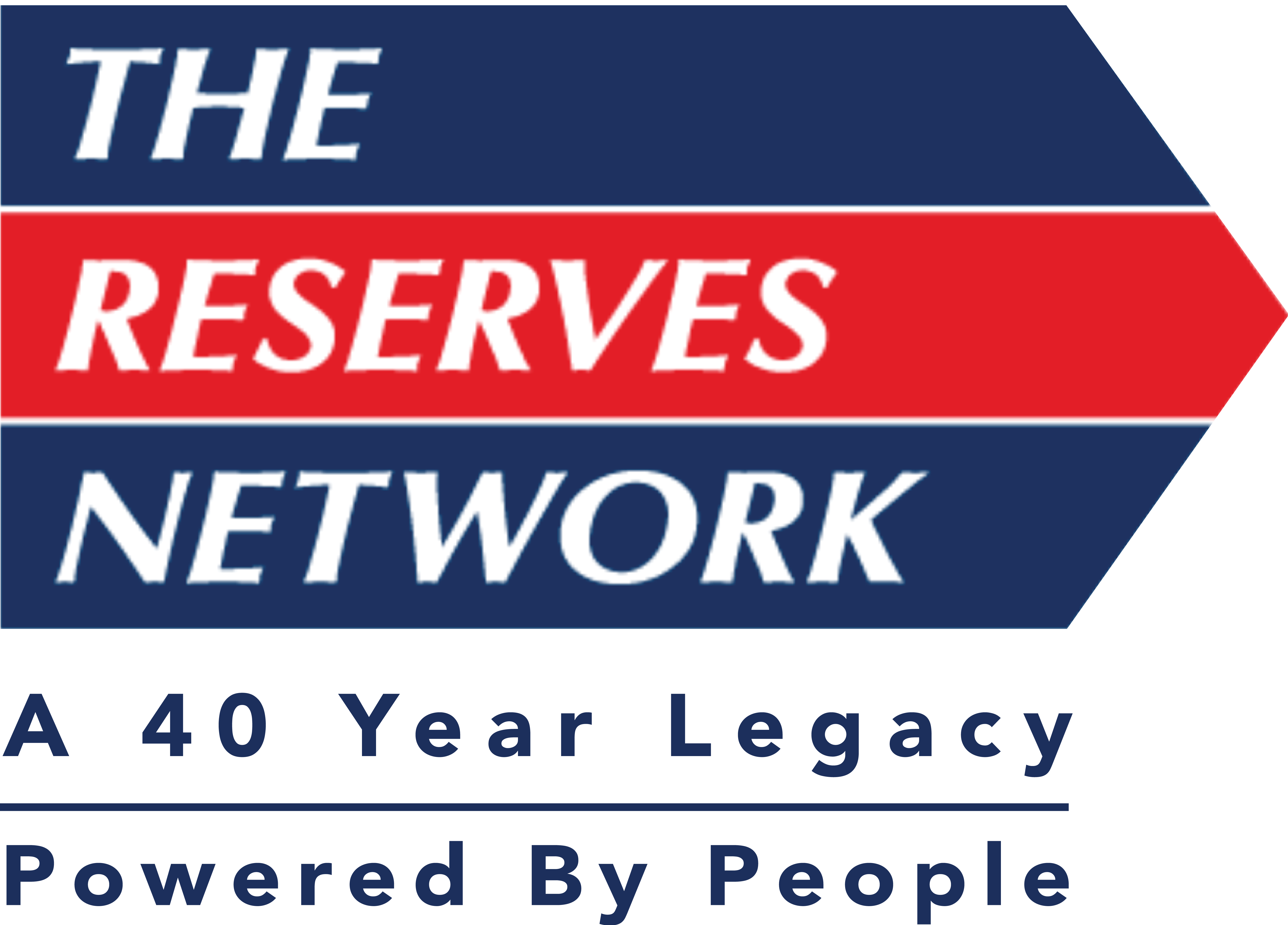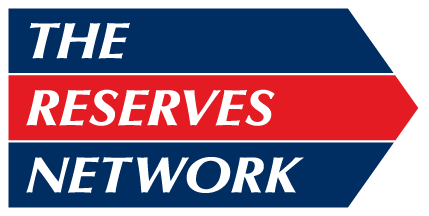The Pros and Cons of Remote Work
As companies around the world struggle to decide whether employees will return to their office or continue to work remotely, both organizations and employees have voiced their opinions on both sides of the issue. The issue is a hot topic- and rightfully so – as mixed opinions from both employees and employers weigh the benefits of each scenario.
A recent survey by Gartner found that about 70% of employees wish to continue some form of remote work. Before the pandemic, few employees were offered remote flexibility, but it’s become increasingly more common. Lauren Villeneuve, Director and Advisory at Gartner says, “prepandemic bias against remote workforce models now seem particularly unfounded given that employee performance has largely remained consistent or, in some cases, even improved.”
Of course, not every company has the option for its employees to work remotely, but if they do, there are multiple factors to consider when deciding if this new work style might work. Whether you’re looking to hire or deciding if remote work might work for you, here’s a look at some of the pros and cons:
Better Work-Life Balance
Many remote workers note increased productivity when working from home, contributing much of their success to less or no time commuting. Flexible hours, which are common with remote jobs, also contribute to productivity.
With flexible schedules, workers can start and end their days on a more desirable schedule with increased flexibility to save time on scheduling events that could be stressful with an in-person job. Whether it’s the need to drop kids off at school or be home for a contractor to make a repair, remote workers can reap valuable benefits such as these.
Finding the Right Employees
When hiring a remote workforce, it can be beneficial to have a wider pool of talent, however finding candidates who thrive in remote work environments can be tough. Employees who have never worked remotely might be surprised at how different it can be from what they envisioned. Remote employees should be self-motivated, organized and disciplined. Knowing if your potential candidate has these skills can be difficult to determine in the interview process too. If you have current employees going remote, it might be easier to instill this trust into employees you have worked with before.
Communication
There is a greater potential for unclear or lack of communication with a remote workforce. When you have employees who aren’t onsite, your organization will have to take extra steps to ensure everyone is on the same page. Managers need to contact their remote workers frequently to ensure progress is being made and that they don’t feel isolated. Try setting standards with your employees to know what is expected of them and when.
The needs of both employers and employees will continue to shape how remote or even hybrid work is implemented in the future. Companies that adapt to what works best for both parties will attract top talent to their businesses. If you’re looking for a partner in the hiring process, reach out to The Reserves Network today.



